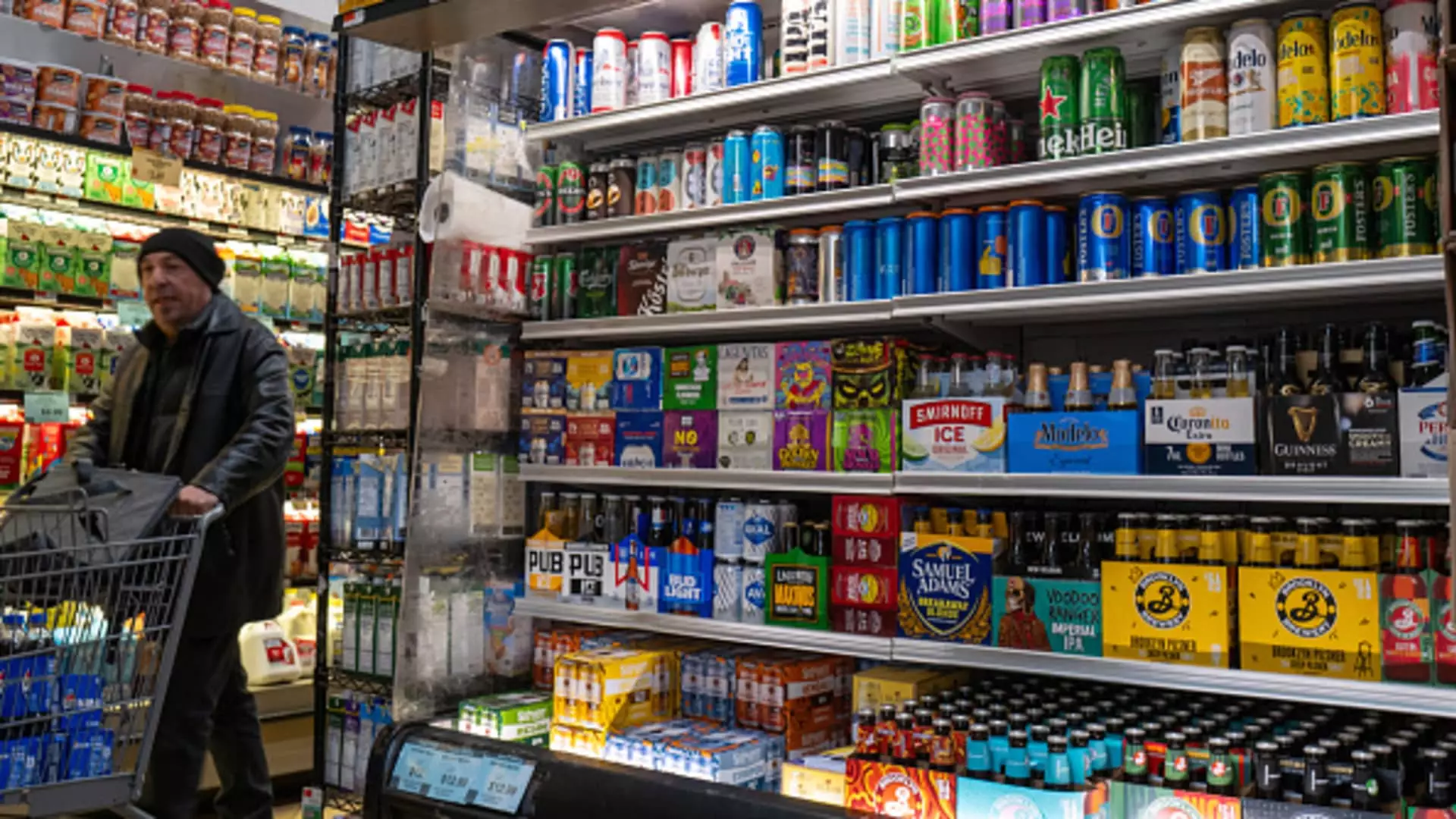In a significant update to public health messaging, U.S. Surgeon General Dr. Vivek Murthy recently released an advisory underscoring the alarming relationship between alcohol consumption and an elevated risk of various cancers. This warning comes at a crucial time when discussions surrounding health habits and lifestyle choices are more pertinent than ever. The surgeon general emphasizes a well-established correlation between drinking alcohol and the incidence of at least seven different types of cancer, including notable forms such as breast, colorectal, and liver cancer.
Research reveals that the consumption of alcohol can increase the risk of cancer significantly, with troubling statistics indicating that even minimal intake—around one drink per day—can heighten risks for specific cancers, particularly those affecting the breast and throat. This stark reality necessitates a public health intervention, as the consequences are severe. With around 100,000 cancer cases and approximately 20,000 cancer-related deaths attributed to alcohol each year, the impact of this habit is palpable and alarming. This new advisory calls for an urgent reassessment of how alcohol is labeled, marketed, and discussed publicly.
In a bid to mitigate the health risks associated with alcohol, Dr. Murthy advocates for concrete policy changes, similar to the strategies adopted in the fight against tobacco use. He suggests the implementation of clear warning labels on alcohol products that explicitly inform consumers about the heightened cancer risks. Furthermore, re-evaluating the recommended limits for alcohol consumption based on evolving research is paramount. This action point aims to ensure that the public is not only aware of the dangers associated with alcohol but is also educated about healthier alternatives.
Implementing an educational campaign aimed at increasing awareness of the link between alcohol and cancer is another critical component of this advisory. The need for an informed public cannot be overstated, particularly when statistics reveal that a vast majority of Americans remain unaware of these risks.
According to the advisory, alcohol stands as the third leading preventable cause of cancer in the United States, following tobacco and obesity. This reality poses a challenge to public health initiatives, which must now tackle this issue with the seriousness it warrants. The stark contrast in awareness also presents an opportunity for targeted campaigns. A rather telling Gallup survey from August revealed that two-thirds of younger adults (ages 18 to 34) perceive alcohol consumption as detrimental to health, while less than 40% of older demographics share this view. This generational gap signifies an evolving narrative around alcohol consumption that can be harnessed to promote healthier behavior in future generations.
Despite the Surgeon General’s advisory, the initial response from the alcohol industry reflects a lack of acknowledgment for these public health concerns, resulting in a noticeable dip in stock values for major manufacturers such as Anheuser-Busch and Molson-Coors. This response underscores the challenge of transforming health recommendations into meaningful action, particularly in industries that have historically downplayed the risks associated with their products.
Moreover, the global context reveals that in 2020 alone, approximately 741,300 cancer cases worldwide were attributed to alcohol consumption. This staggering figure accentuates the urgent necessity for a global discourse on alcohol and health, compelling policymakers, health organizations, and the public to recognize alcohol as a significant health threat.
The advisory from the Surgeon General serves as a timely reminder of the significant health risks linked to alcohol consumption, especially regarding cancer. By advocating for improved public policies, clearer labeling, and increased awareness, Dr. Murthy aims to foster a healthier society that is informed about the risks associated with alcohol. As younger generations increasingly step away from alcohol in favor of non-alcoholic alternatives, the hope for a decline in alcohol-related health issues grows. The time to act on this pressing issue is now; informed choices pave the way for better health outcomes for all.

